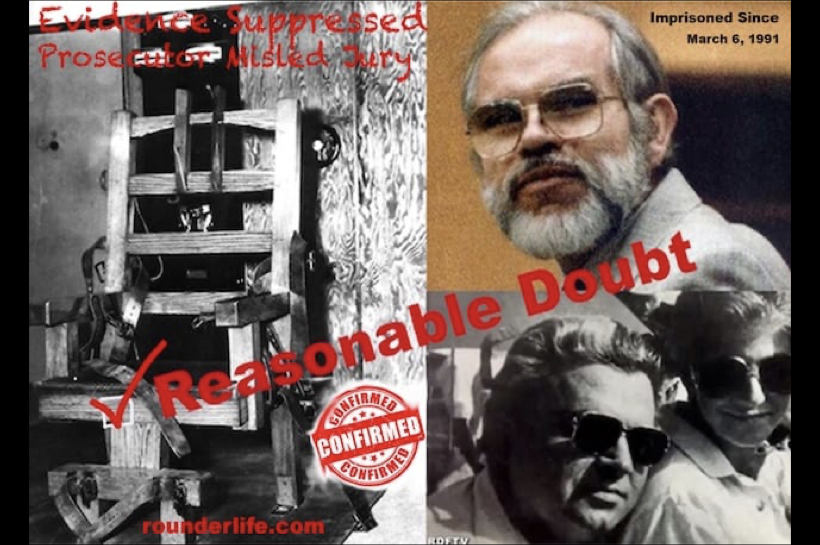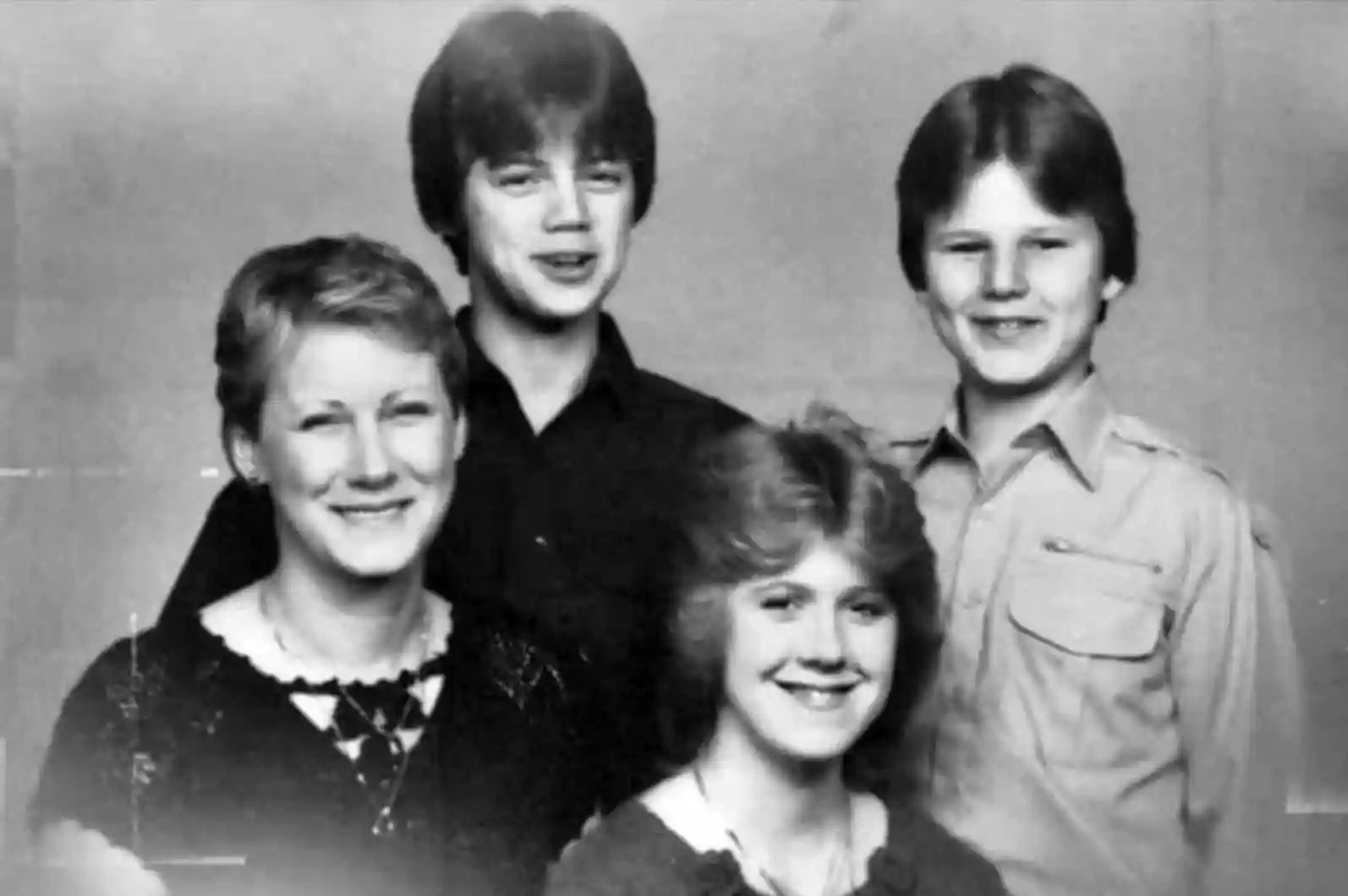
By Staff
Florida death row inmate George Trepal was all but forgotten when Rounder Magazine published an article in December 2020, ‘Reasonable Doubt Murder Mystery Series‘, laying out the facts of his “murder by poison” conviction in 1991.
Our independent investigation uncovered crucial evidence, never before published, that was hidden from the jury by a combination of legal maneuvering, and what could be deemed as prosecutorial misconduct.
Since that time, numerous high profile “true crime” researchers have taken another look at the 36-year-old murder mystery, generating over one million views, and raising serious questions about the legitimacy of Trepal’s conviction.
Dr. Todd Grande, whose YouTube channel (@drgrande) has over 1.48M subscribers, discussed the case and came to the same conclusion we did, after our extensive research.
“I think he was not guilty beyond a reasonable doubt.”
Payton Moreland, who breaks down a new case each week on her popular YouTube channel (@paytonmoreland), tells the captivating story in an episode entitled, “Murder Mystery Weekend”, which currently ranks as one of the top videos on her channel, with over 100,000 views.
Both Dr. Grande and Moreland cited Rounder as a source.
Moreland points out obvious holes in the state’s case, including the fact the victim, Peggy Carr, was poisoned, eventually recovered, and was sent home from the hospital, prior to receiving the lethal dose believed to have come from thallium planted in coke bottles, allegedly left on her doorstep by convicted killer George Trepal.
Who poisoned Peggy the first time?
Defense experts make the case arsenic was used in the first poisoning attempt.
Moreland also highlights evidence pointing to the husband (Pye Carr) as a suspect, which was discarded by prosecutors – such as Pye’s infidelity just months into the marriage, and Peggy finding out he had taken out a life insurance policy on her.
While Moreland does a great job narrating, she did make one crucial mistake, telling her listeners evidence pointing to Pye Carr as a suspect was presented by his lawyers at trial.
It wasn’t.
The exclusion of the evidence, which would have led to “reasonable doubt”, is one of the reasons Trepal should have been acquitted, whether you “believe” he’s guilty or not.
Attorneys Todd G. Scher and Gray R. Proctor filed numerous briefs and petitions with the court on behalf of Mr. Trepal, laying out “reasonable doubt” evidence listed below.
What the jury didn’t hear:
- Peggy and Pye’s marriage was in trouble
- Pye was having an affair
- A letter from Peggy to Pye about strife in the marriage was hidden from Defense counsel
- Pye wanted out of the marriage but confided to a witness “it would cost too much”
- Peggy was fearful of Pye after learning he had taken out a life insurance policy on her
- Peggy was planning to leave Pye
- Pye’s own son (Travis) thought Pye and his sister were trying to kill him in the hospital
- Medical records showed arsenic levels increased in Peggy, her son Duane, and Pye’s son Travis while they were hospitalized
- Travis’ health improved after Pye’s sister was prevented from bringing food to him in the hospital
- Travis recalled purchasing the coke bottles, but was gaslit by prosecutors about his memory
- Polk detectives told FBI behavioral analysts they looked into the marriage and found no issues
Common sense argument shrugged off by court
The court’s stance that since Peggy’s cause of death was thallium not arsenic, the arsenic poisonings lacked significance, is perplexing, as Todd G. Scher explained in his response to the court’s conclusion, below.
The arsenic poisonings clearly point to “someone other than the person on trial.”
Who poisoned Peggy and Travis in the hospital?
There are no reports of Mr. Trepal ever being in the hospital (during this time).




